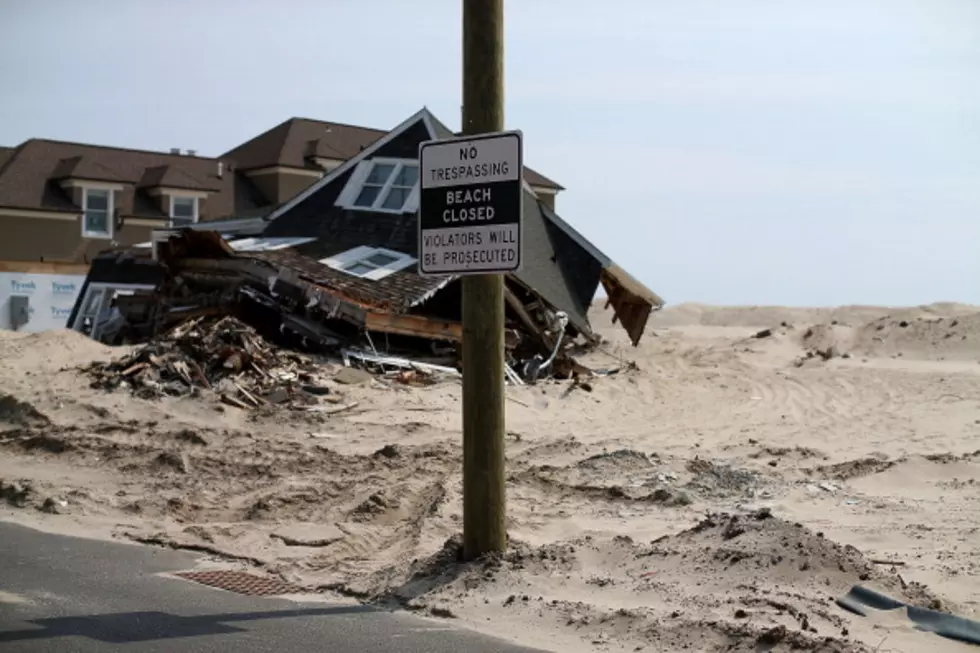
America’s Unsafe and Unregulated Compounding Pharmacies
A new report raises concerns over a pharmaceutical practice called compounding and one NJ lawmaker is calling for the FDA to step in and keep medicinal supplies safe.
The Ranking Member of the House Energy and Commerce Subcommittee on Health announced today the findings of a new state-by-state report that finds compounding pharmacies are going largely untracked, unregulated and under-inspected by states across America.
Pharmaceutical compounding is the creation of a particular pharmaceutical product to fit the unique needs of a patient. To do this, compounding pharmacists combine or process appropriate ingredients using various tools.
Congressman Frank Pallone (NJ-06) first called for the investigation in November of 2012 following the meningitis outbreak originating in a Massachusetts compounder that killed dozens and sickened hundreds.
“Compounding pharmacies serve a variety of important functions, but they must operate with only the highest safety standards,” says Pallone. “Anything less is absolutely unacceptable."
"This report’s findings are shocking and shed light on an industry that often operates with little oversight and whose lack of regulation could continue to put lives at risk. Action must be taken immediately to remedy the risks from compounding pharmacies and it is time for the FDA to step in and keep our supplies of medicines safe.”
According to Pallone, the report demonstrates that the Food and Drug Administration must be given authority to set and enforce safety standards and is released on the heels of news that compounding pharmacies have been turning away these very FDA investigators.
Examples of the major findings of the report include:
- -State boards of pharmacy generally do not know which pharmacies engage in compounding. For example, only Mississippi and Missouri routinely track the number of compounding pharmacies in their state.
- None of the states have requirements for pharmacies to disclose the volumes of compounded drugs they produce or whether compounded drugs are being sold across state lines.
- Only thirty-two states were able to provide historical data on the number of licensed pharmacies in their states.
- Thirty-seven states do not routinely track which pharmacies are providing risky sterile compounding services, the service which led to the meningitis outbreak.
- States typically do not maintain pharmacy inspection records that enable them to identify systemic and repeated compounding pharmacy safety problems.
- On average, states employ just 5 inspectors (a range of 1-30 inspectors was reported) with responsibility to inspect all pharmacies, and only 19 states provide their inspectors with special training to identify problems with sterile compounding.
- States are unable to effectively police compounded drugs shipped into their states from other states.
More From New Jersey 101.5 FM








